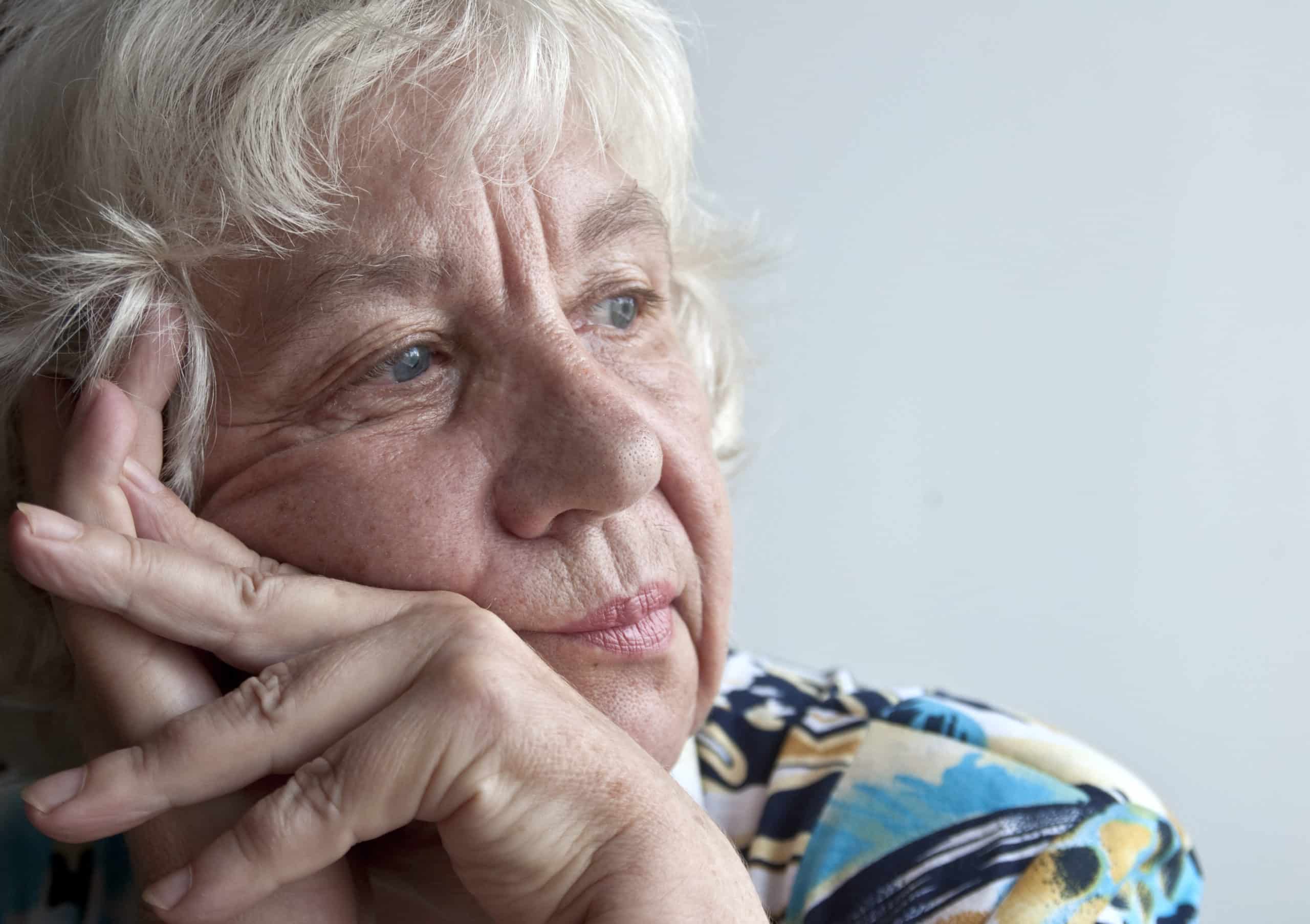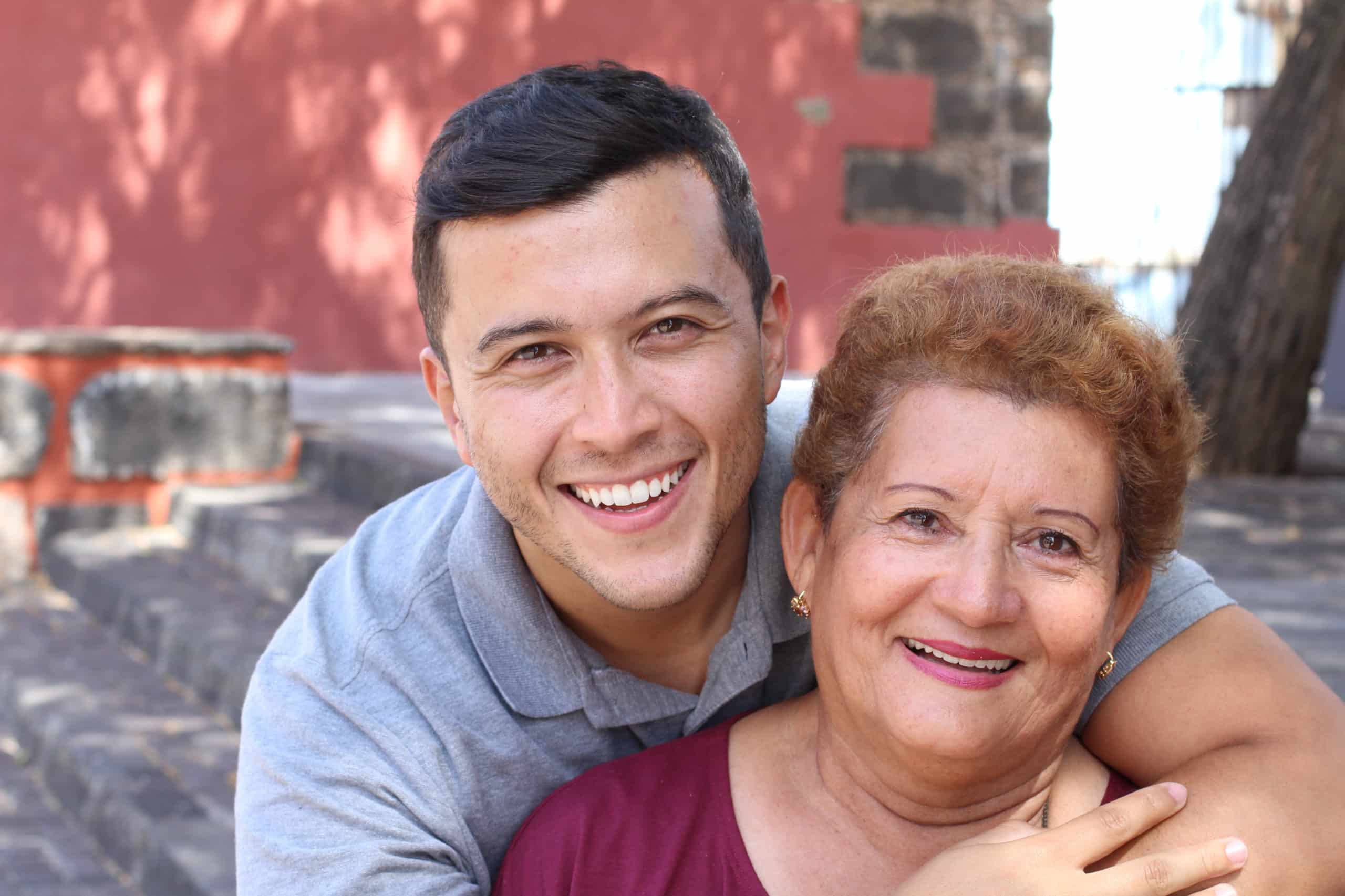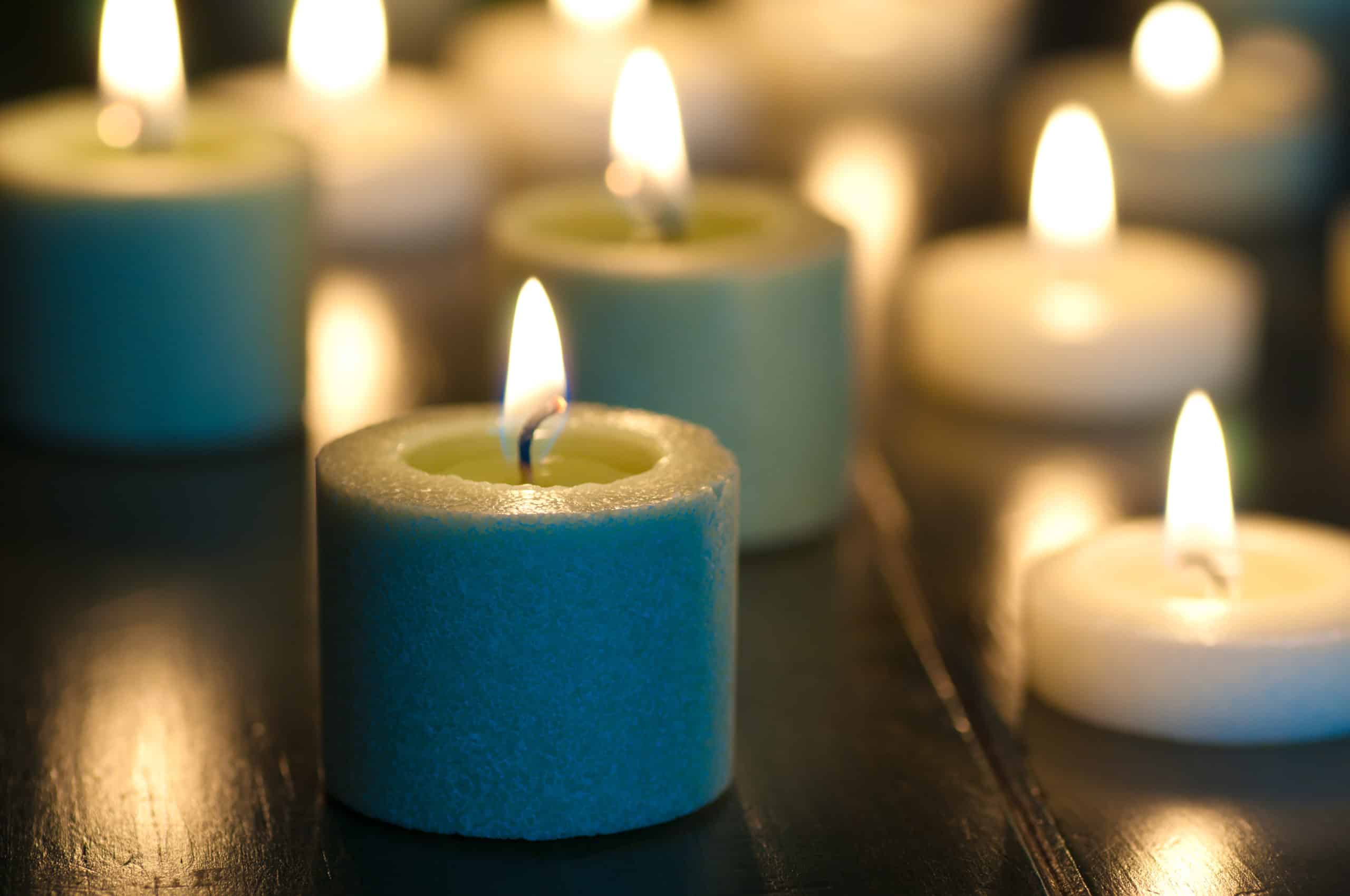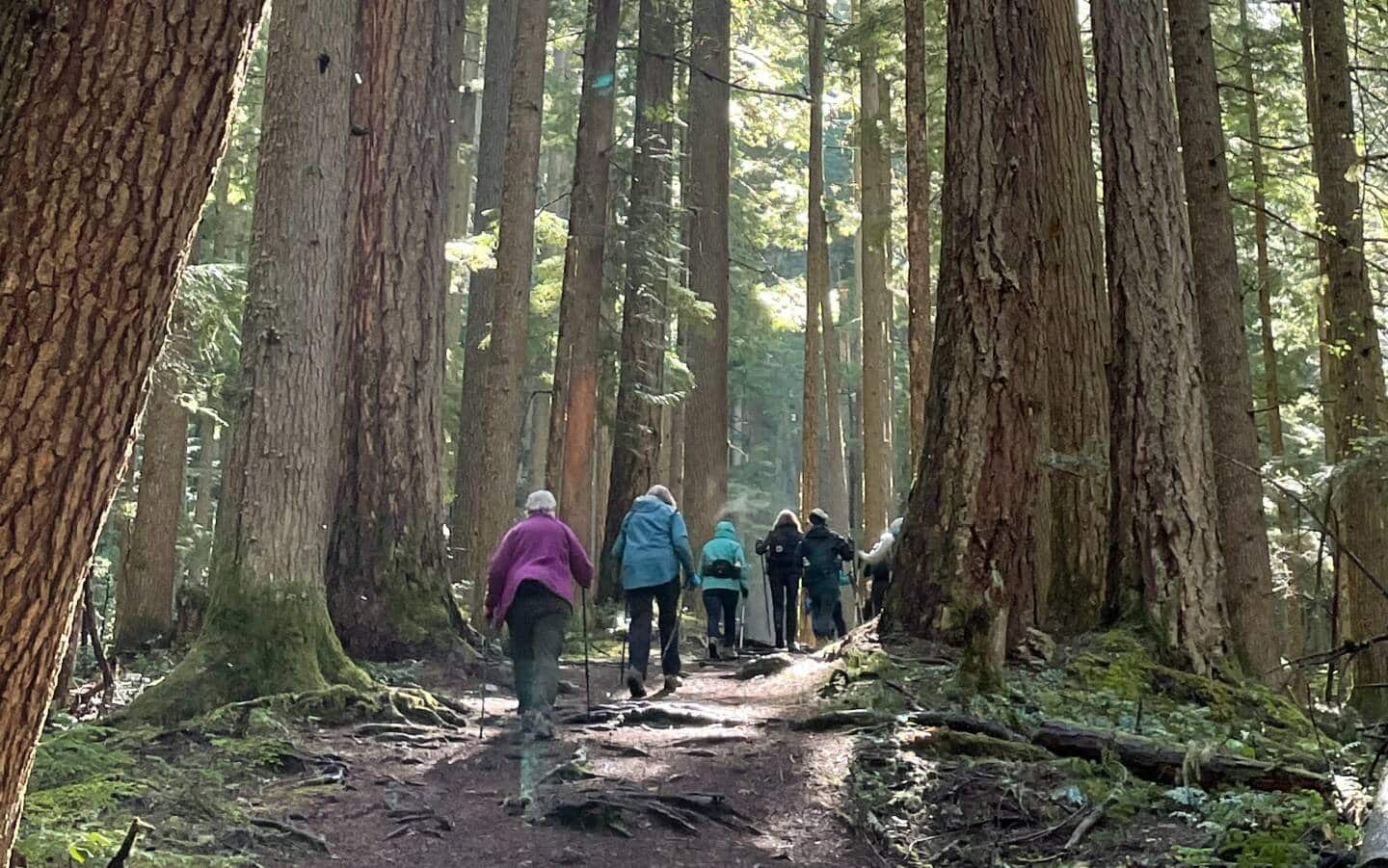Grief Support
As a not-for-profit organization, we are committed to providing free bereavement services, not only to the families of our patients but to our entire community. We offer traditional emotional support counseling as well as innovative programs for children, teens and adults which address the wide range of bereavement experiences.
Grief Support Groups & Classes
About Grief
Perhaps the greatest gift handed to us by the grief process is the opportunity to move forward into a new understanding of ourselves. When we emerge from grieving the loss of a loved one, we embrace our lives from a slightly different perspective. From this new vantage point we find ourselves re-engaging in ways we never expected or even thought possible. The process of grieving can be a time of rebirth, renewal and growth. Hospice of the East Bay continues to grow alongside the adults, children and teens we guide through their grief experience.
Grieving the death of a loved one can be a painful and lonely experience. It can change our world by altering our relationships with others, and our own sense of identity. Our daily habits are disrupted, activities associated with specific roles are lost, and life plans are derailed in the wake of significant loss. Frequently, it is difficult for us to know if the feelings and reactions we are experiencing are normal ones.
Our society encourages us to “get over it and get on with life.” This leads to further pain and isolation. Grief is the natural response to profound loss and is the expression of the strong bond you had with the person who died. No two people grieve in exactly the same way. The way we express our grief is influenced by many things, such as:
- The circumstances of the death
- The relationship with the deceased
- One’s culture, religion and personal beliefs
- How we have dealt with previous losses
Physical
- Tightness in the throat
- Heaviness in the chest
- Changes in appetite
- Fatigue
- Altered sleep Patterns
Emotional
- Depression
- Guilt
- Anger
- Sense of abandonment
- Mood swings
- Shock or numbness
Mental
- Forgetfulness
- Difficulty concentrating
- Difficulty believing the death occurred
- Inability to complete previously simple tasks
Other
- Expecting a loved one to call
- Sensing a loved one’s presence, seeing him or hearing her voice
- Intense preoccupation with the deceased or how he or she died
The period of grieving is a natural part of the process of healing after a loss. Healing is possible when we allow ourselves to identify and understand our feelings as they arise. Participating in grief education classes and individual or group counseling can:
- Enhance the healing process
- Reduce the sense of isolation
- Provide the opportunity to share experiences, thoughts and feelings with others who are in similar situations
- Lead to personal growth
- Learn about the grieving process
- Visit your physician to make sure physical symptoms do not indicate an illness.
- Get plenty of rest. Nap if you aren’t sleeping well at night.
- Spend time out of doors.
- Exercise. Take a daily walk or go for a short bike ride.
- Try to establish a daily routine.
- Eat a nourishing diet and drink plenty of water.
- Drink alcoholic beverages in moderation.
- Use prescribed sleeping aides or other medications only as prescribed.
- Give voice to your feelings.
- Talk to people who give you permission to have your thoughts and feelings without judging you.
- Write about your experience.
- Write to your loved one.
- Give yourself permission to not participate in social activities if you do not feel like it.
- Ask for help.
- Participate in support groups or grief education classes.











